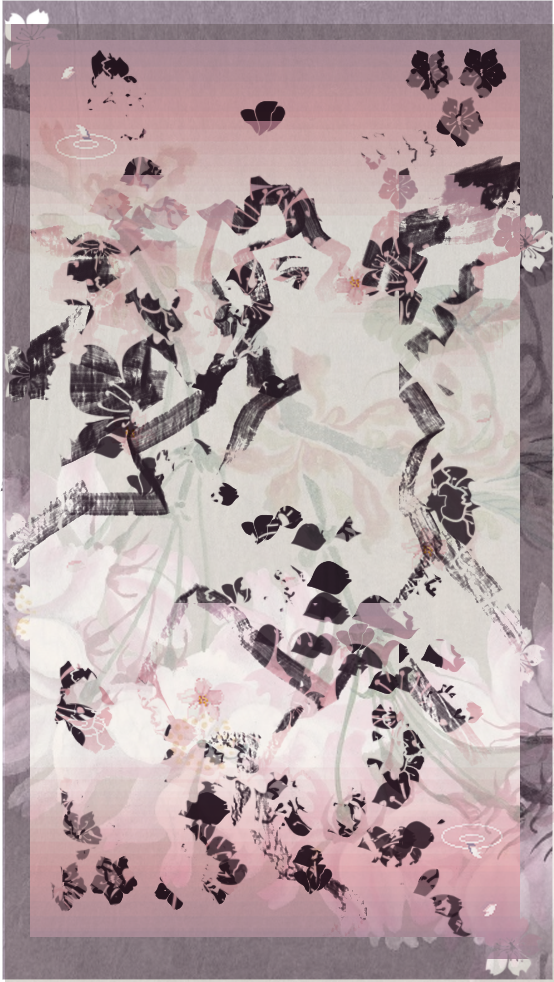君たち (kimitachi)
鏡界へようこそ
welcome to the mirror-world

好きな人の震えた手、
桃みたいな唇、
こっち、こっちおいで、
キッスしたいから。
the shaking hand of my beloved,
lips like peaches,
come here, come here,
because i want to kiss you.
BREAK THE MIRROR!!
as your heart is broken
 ENTER AS IT IS,
ENTER AS IT IS,with a longing heart.
